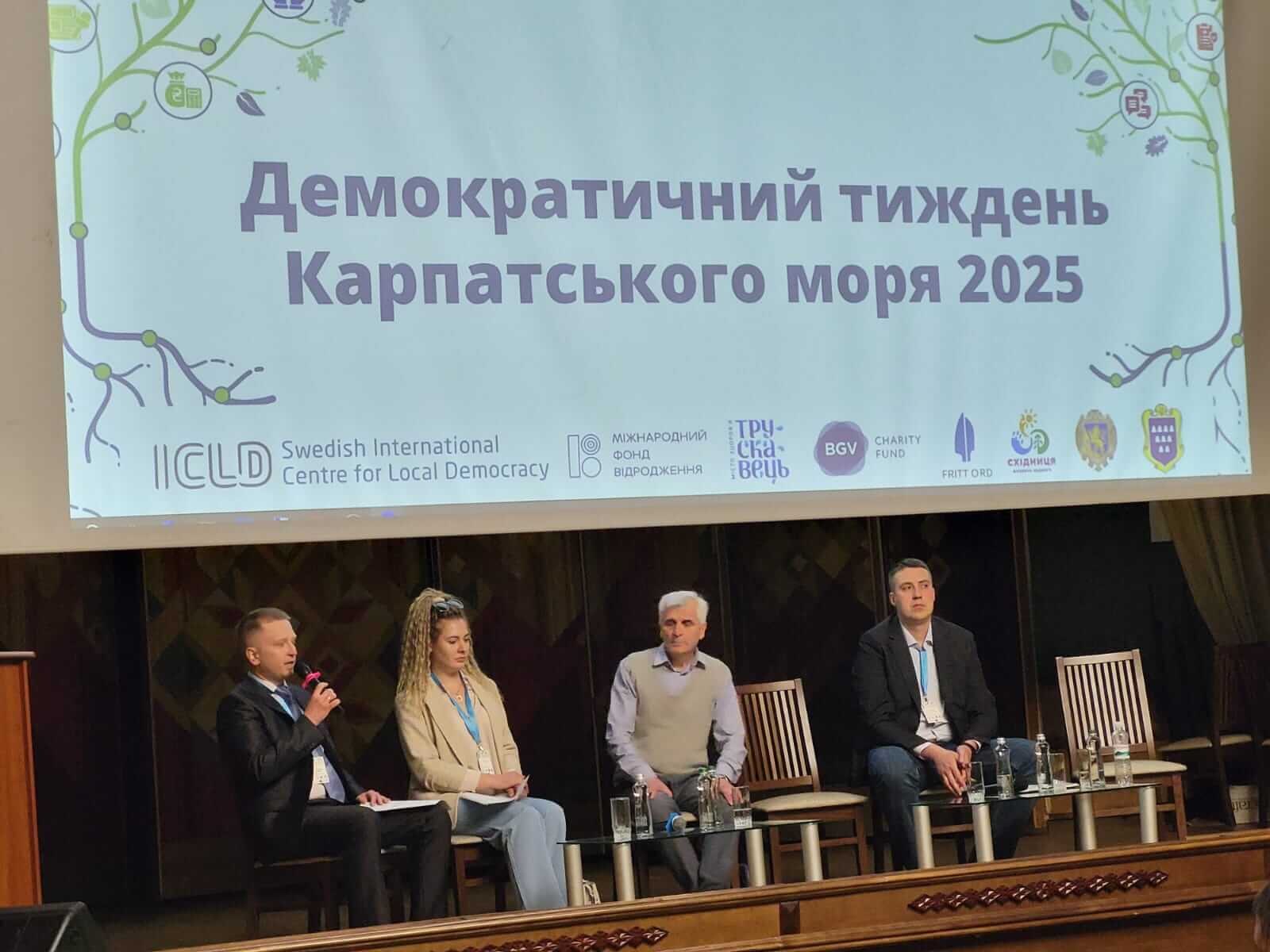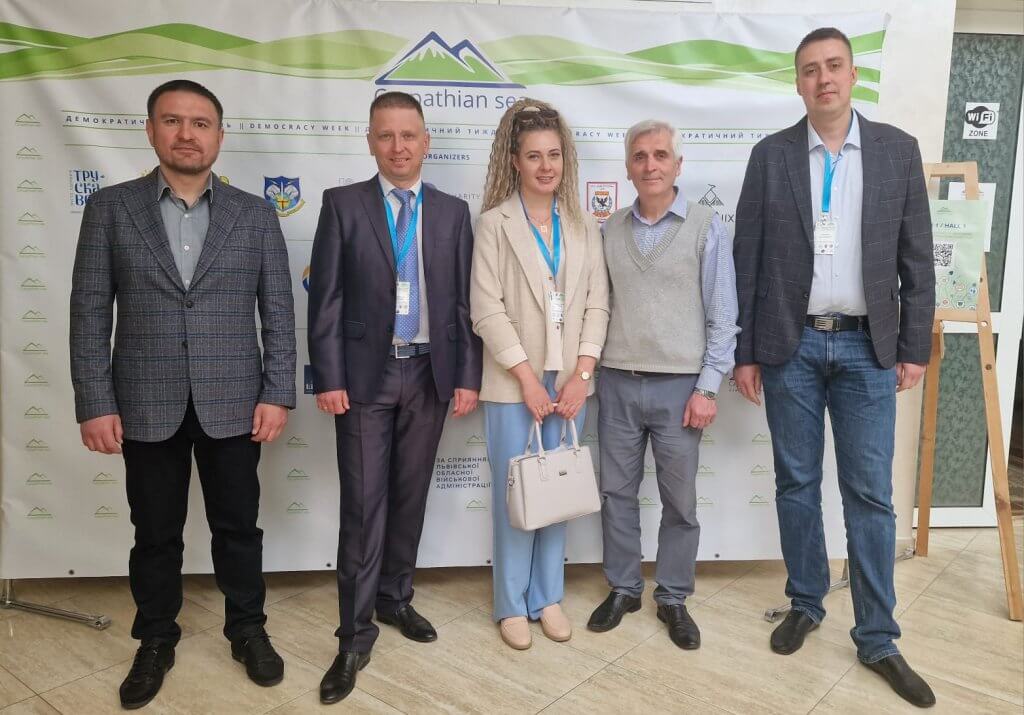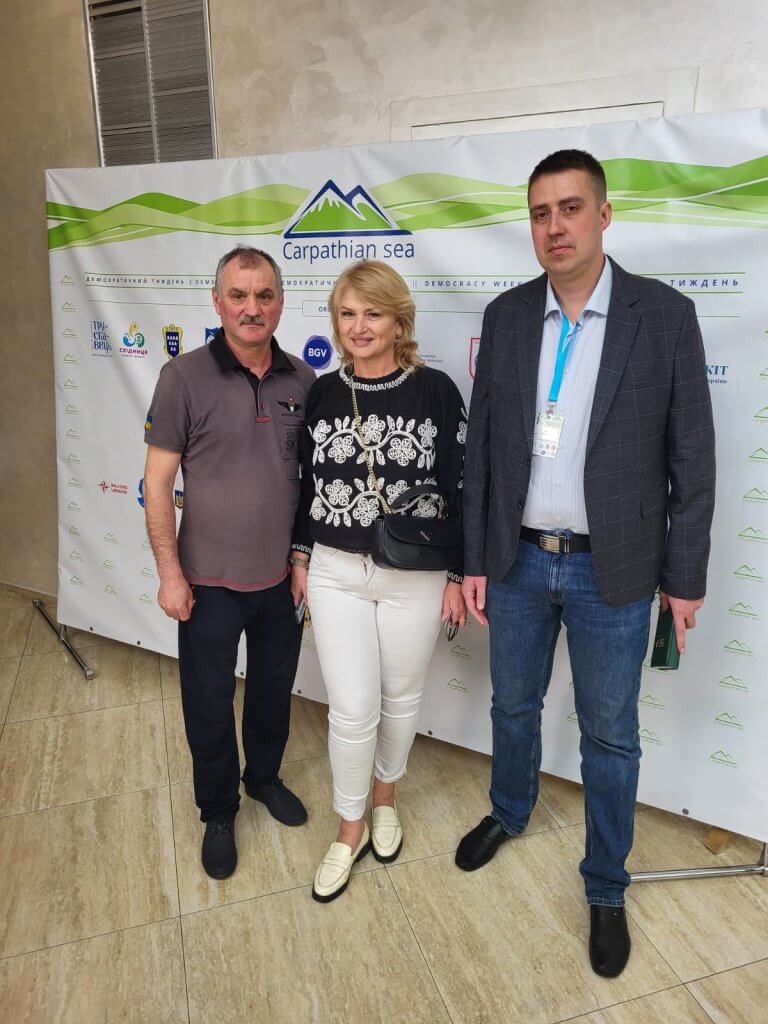“Ekor” at “Carpathian Sea 2025”: How Green Energy Shapes the Future of Ukrainian Manufacturing

From April 28 to May 2, the international forum “Democratic Week: Carpathian Sea 2025” took place in Truskavets and Skhidnytsia, becoming one of the key platforms for discussing the challenges and prospects of Ukraine’s development in today’s world. This large-scale event brought together politicians, business representatives, civil society, diplomats, and experts from Northern Europe, the Baltics, and other countries who collectively sought answers on recovery, transformation, and sustainable development.

For the company “Ekor,” participation in the forum was not only an opportunity to present itself to a progressive audience but also a unique source of knowledge and practices that will help strengthen our growth strategy.
One of the main topics that attracted particular interest was green energy in manufacturing and processing. During a panel discussion, practical approaches to implementing renewable energy sources in agricultural production were discussed — in particular, the use of biogas, solar energy, and energy-efficient technologies in the processes of drying, packaging, and transporting products.
These approaches enable the modernization of production with a significant reduction of the carbon footprint, which is extremely important in the context of producing environmentally friendly products.

Another important message of the forum was the recognition of the need to unite agricultural producers around common values and goals. Discussion participants repeatedly emphasized the importance of cooperation between businesses, local communities, and investors to create closed local value-added chains — from raw material cultivation to deep processing.
“Carpathian Sea 2025 is a powerful impetus for our team toward innovation, bold ideas, and a responsible approach to business,” said Volodymyr Didenko, Director of Ekor TZ LLC.
Other topics that drew lively interest included:
• Effective land use in wartime and during recovery;
• Organic production as a competitive advantage in global markets;
• Access to financial instruments and international donors for processing enterprises.
“For us, this forum became a vector of movement — toward energy efficiency, cooperation, European quality standards, and deep integration into the country’s sustainable development system,” summarized Volodymyr Didenko.



